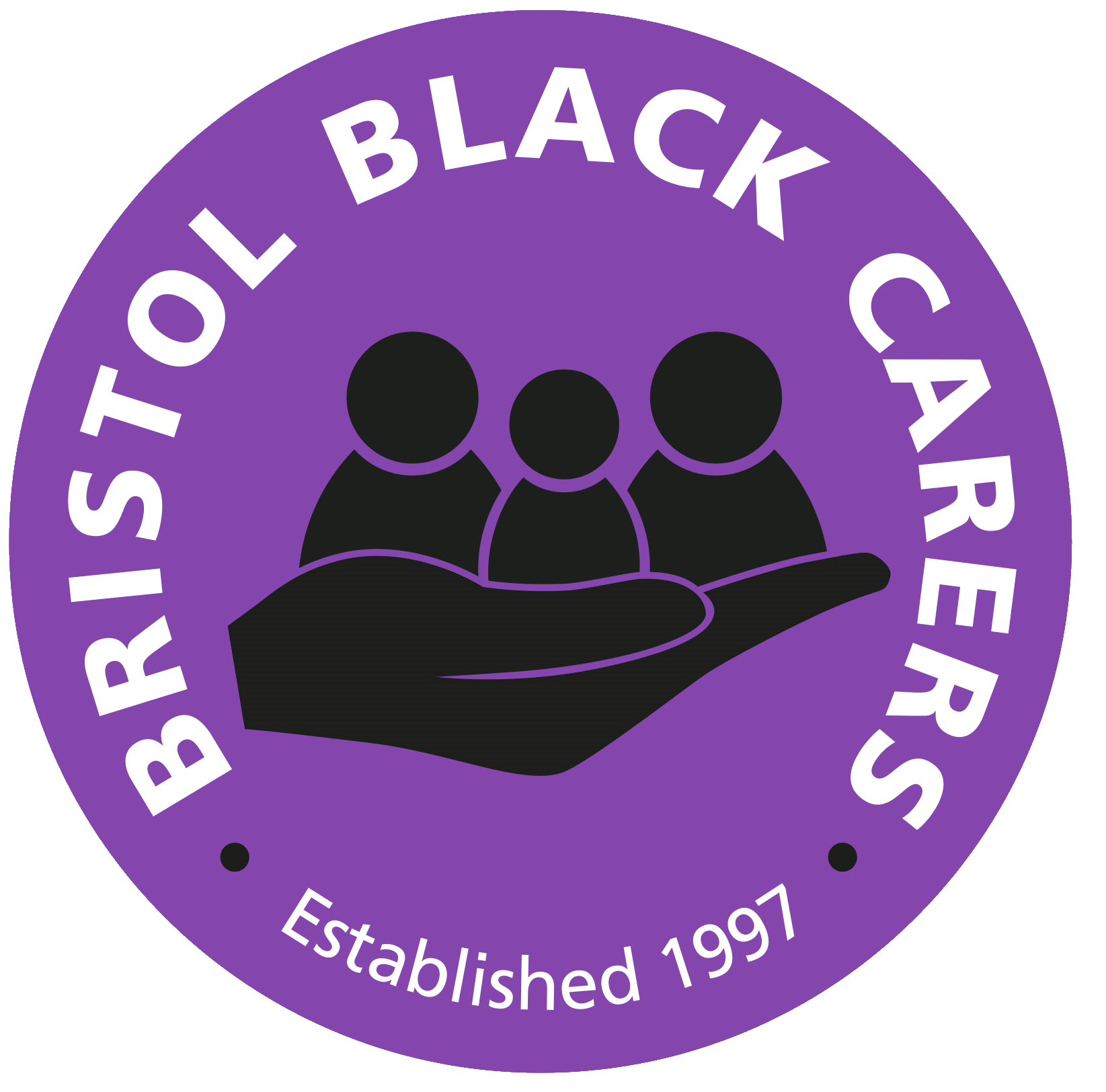Who is considered a carer?
A carer is someone who looks after a family member, partner or friend who needs help because of an illness, disability, frailty, a mental health problem or an addiction and cannot cope without their support. The care they give is unpaid.
Many people look after someone else but don’t realise that they are carers.
If you help someone with their daily life because they’re ill or disabled, or can’t manage without your support, then you are a carer.
Often, carers don’t see themselves this way, and it takes them an average of two years to acknowledge their role as a carer. Many juggle their caring responsibilities with work, study and other family commitments.
It can be difficult for carers to see their caring role as separate from the relationship they have with the person they’re caring for, whether that’s with a parent, child, sibling, partner, or friend.
Common responsibilities of carers
Carers are essential – they play a crucial role in society, allowing older people and those
with disabilities to remain in their own homes, often delaying a move to residential care.
All carers have different circumstances. For example, you may be caring for a close relative, or you might not live with the person you're caring for.
The roles and responsibilities that carers have to provide vary widely.
A carer might help another with some or all of the following tasks:
help them with their budgeting and finances
giving them consistent emotional support
making sure they have enough to eat and drink
helping someone get washed and dressed, or use the toilet
attending appointments with them
helping them cope with symptoms of mental illness
helping around their home
helping them to see their family, friends or attend social activities
ensuring they take their medication at the right time
provide regular / ongoing support
Carers in black communities
In black and ethnic minority communities there are over 500,000 carers in the UK. Carers from these communities can have different challenges and needs.
It's natural and expected within those communities for families or friends to look after loved ones.
Young carers especially are not known to be carers. They often don’t tell relatives, friends or health professionals about their responsibilities through fear of separation, guilt, pride or other reasons.
Carers and their caring situations are very diverse and there is no such person as a ‘typical’ carer.
Research shows that Black And Ethnic Minority carers:
Provide care for more hours and with less support than many of their counterparts from other communities, jeopardising their ability to earn a living
Save the state nearly £8 billion a year in social care expenses by caring for loved ones at home
Face additional challenges related to language barriers and cultural differences
May have a mistrust of the authorities due to previous negative encounters
Bristol Black Carers can help. We can:
Listen to your situation
Offer person-centred and holistic care
Advocate for your needs
Tell you about culturally appropriate services
Signpost you to further sources of help and other organisations
Ensure your voices are heard
Offer you the opportunity to attend our support groups and events. We have run specialist events for carers from minority ethnic communities.
